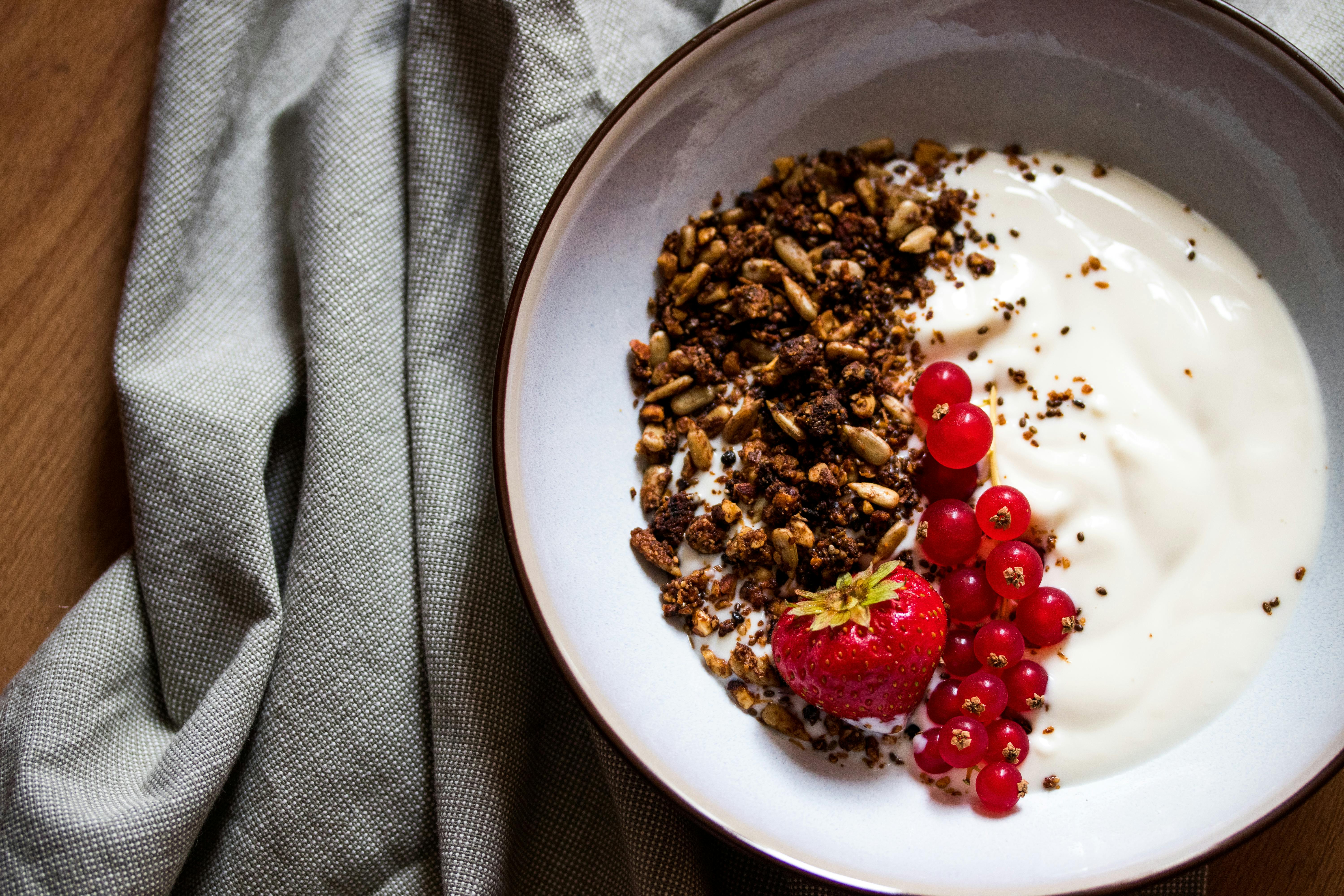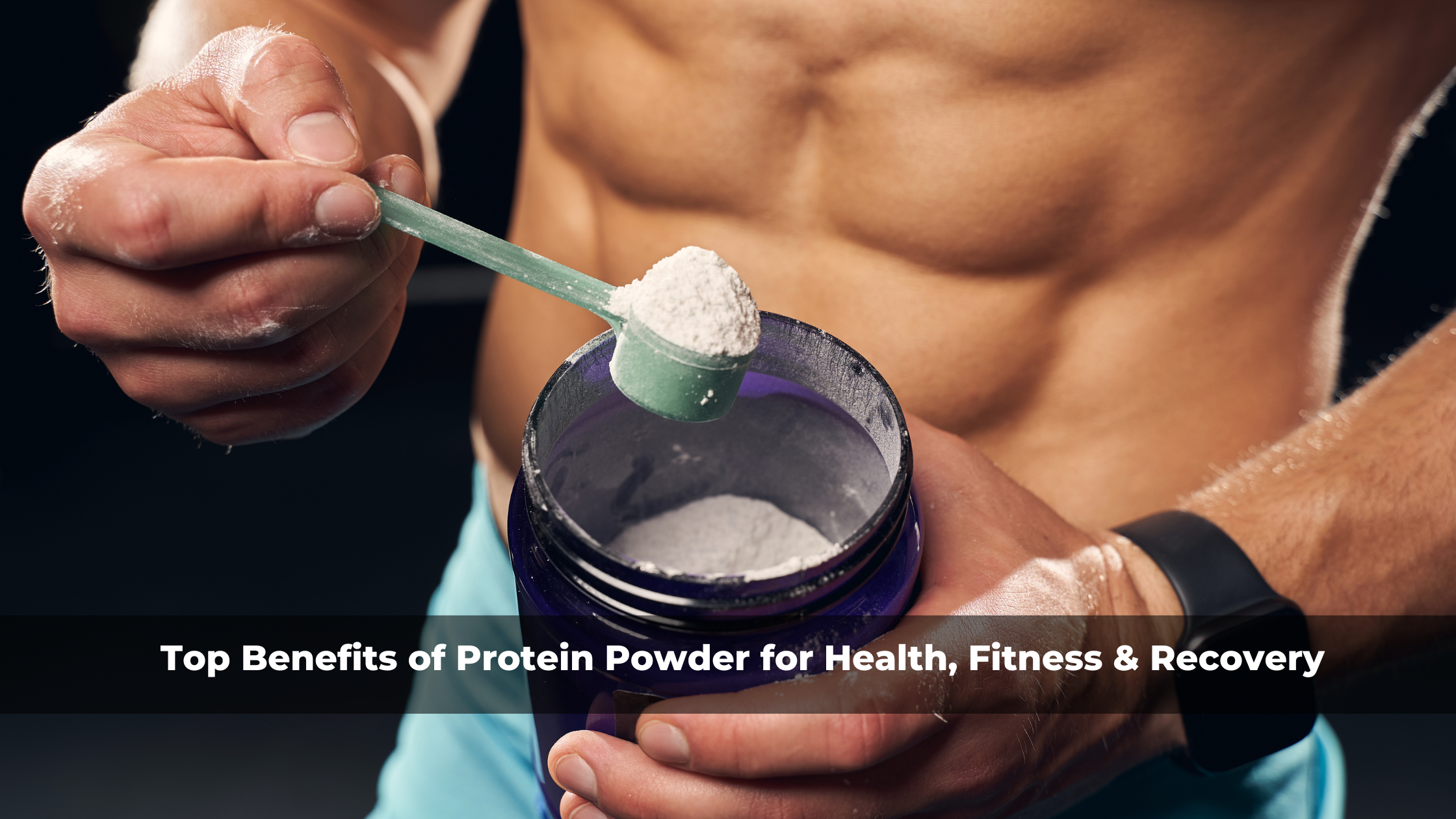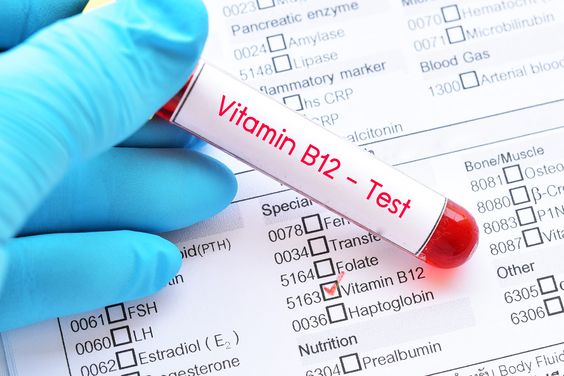Gut Health 101 - Essential Tips For A Happy Digestive System

Strong 8k brings an ultra-HD IPTV experience to your living room and your pocket.
Many aspects of our health are influenced by the well-being of our digestive system, making gut health a key component in maintaining overall wellness. From nutrient absorption to immune function, a happy gut is crucial for our body to function optimally. In this blog post, we will explore necessary tips that can help you improve and maintain a healthy digestive system, ensuring that you feel your best from the inside out.
Key Takeaways:
- Balance your diet: Consuming a diverse range of fiber-rich fruits, vegetables, whole grains, and fermented foods can promote a healthy gut flora and improve digestion.
- Stay hydrated: Drinking an adequate amount of water each day helps maintain the mucosal lining of the intestines and supports overall digestive function.
- Manage stress: Chronic stress can negatively impact gut health. Incorporating stress-reducing activities like meditation, exercise, and adequate sleep can benefit your digestive system.
The Gut Microbiome
What is the Gut Microbiome?
For those unfamiliar with the term, the gut microbiome refers to the vast community of microorganisms that reside in your digestive tract. This complex ecosystem is composed of trillions of bacteria, fungi, viruses, and other microorganisms that play a crucial role in maintaining your overall health.
How the Microbiome Affects Overall Health
Affects
While the gut microbiome is primarily located in the intestines, its impact extends far beyond digestion. Research has shown that the health of your gut microbiome can influence various aspects of your health, including your immune system, mental health, weight management, and even your risk of certain diseases. It is necessary to maintain a diverse and balanced gut microbiome to support optimal health and well-being.
Diet and Nutrition
Foods that Promote Gut Health
You may not realize it, but the foods you eat play a crucial role in maintaining a happy digestive system. Incorporating foods rich in fiber such as fruits, vegetables, whole grains, and legumes can promote gut health by feeding the good bacteria in your intestines. Fermented foods like yogurt, kefir, sauerkraut, and kimchi are also beneficial as they contain probiotics that support a healthy gut flora.
Foods to Avoid for Better Digestive Health
The foods you choose to avoid can be just as important as the ones you include in your diet when it comes to promoting better digestive health. Highly processed foods, sugary treats, and artificial sweeteners can disrupt the balance of good bacteria in your gut and lead to digestive issues. Foods high in saturated fats and trans fats can also be hard to digest and may contribute to inflammation in the gut. It's best to limit your intake of these foods for a happier digestive system.
Avoid foods that are high in added sugars and artificial ingredients as they can negatively impact the balance of bacteria in your gut. Processed foods, fried foods, and excessive amounts of red meat can also be hard on your digestive system. By making mindful choices and opting for whole, nutrient-dense foods, you can support a healthy gut and overall well-being.
Lifestyle Adjustments for Improved Gut Health
The Role of Stress in Digestive Wellness
Adjustments in lifestyle are crucial for maintaining a healthy gut. Stress is a major factor that can significantly impact our digestive system. When we are stressed, our body releases cortisol, a hormone that can disrupt the balance of good and bad bacteria in the gut. This imbalance can lead to digestive issues such as bloating, constipation, or even exacerbate conditions like irritable bowel syndrome (IBS). Managing stress through techniques like deep breathing, meditation, or yoga can help improve gut health.
Exercise and Its Benefits to Gut Health
An active lifestyle can work wonders for your gut health. Regular exercise not only helps in maintaining a healthy weight but also promotes a diverse microbiome in the gut. Aerobic exercises like running, swimming, or cycling have been shown to increase the abundance of beneficial bacteria in the gut, leading to better digestion and overall gut function. Aim for at least 30 minutes of moderate exercise most days of the week to reap the benefits for your digestive system.
Probiotics and Prebiotics
The Benefits of Probiotics for Gut Health
An vital component of a healthy digestive system, probiotics are live bacteria and yeasts that are beneficial for gut health. They promote a balanced gut flora and aid in digestion, absorption of nutrients, and immune function. By populating the gut with good bacteria, probiotics can help maintain a healthy microbiome, which is crucial for overall well-being.
Incorporating Prebiotics into Your Diet
Your gut health can greatly benefit from prebiotics, which are non-digestible fibers that stimulate the growth of beneficial bacteria in the gut. Foods rich in prebiotics include bananas, garlic, onions, and whole grains. By incorporating these foods into your diet, you can feed the good bacteria in your gut, promoting a diverse and healthy microbiome.
This symbiotic relationship between probiotics and prebiotics is crucial for maintaining a happy digestive system. While probiotics introduce good bacteria into the gut, prebiotics act as food for these beneficial microbes, allowing them to thrive and improve gut health. Incorporating a variety of both probiotic and prebiotic-rich foods into your diet can contribute to a balanced and thriving gut microbiome.
Detecting and Addressing Gut Health Issues
Common Digestive Disorders
Now, let's probe into some of the most common digestive disorders that can impact your gut health. These include conditions like irritable bowel syndrome (IBS), acid reflux, inflammatory bowel disease (IBD), and food intolerances. Symptoms of these disorders can range from bloating and gas to diarrhea and abdominal pain. It's vital to work with a healthcare professional to properly diagnose and manage these conditions to support your digestive health.
When to Seek Professional Advice
The key to maintaining good gut health is knowing when to seek professional advice. The moment you notice persistent or severe digestive symptoms that interfere with your daily life, it's time to consult a healthcare provider. Symptoms like chronic diarrhea, unexplained weight loss, blood in the stool, or persistent abdominal pain should never be ignored. A medical professional can help determine the underlying cause of your symptoms and recommend appropriate treatment to address your gut health issues effectively.
Another crucial time to seek professional advice is if you experience sudden changes in your bowel habits, especially if you are over the age of 50. Such changes could indicate more serious conditions like colorectal cancer, which require prompt medical attention for early detection and effective treatment.
To wrap up
Considering all points discussed in this article, maintaining good gut health is crucial for a happy digestive system. By incorporating a variety of fiber-rich foods, staying hydrated, and managing stress, you can improve your gut health and overall well-being. Note, small changes in your lifestyle and diet can have a big impact on your digestive system. Prioritizing your gut health can lead to better digestion, increased energy levels, and a stronger immune system. Start implementing these crucial tips today to enjoy a healthier gut and a happier you.
FAQ
Q: Why is gut health important?
A: Gut health is important because it plays a crucial role in the overall health of your body. A healthy gut contributes to better digestion, nutrient absorption, immune function, and even mental health.
Q: What are some common signs of poor gut health?
A: Common signs of poor gut health include bloating, gas, diarrhea, constipation, food intolerances, weight changes, fatigue, and frequent infections. These symptoms indicate an imbalance in the gut microbiome that needs to be addressed.
Q: What are some vital tips for improving gut health?
A: Essential tips for improving gut health include eating a diverse range of fiber-rich foods, incorporating probiotics and prebiotics into your diet, staying hydrated, managing stress levels, getting regular exercise, and avoiding excessive use of antibiotics and unnecessary medications.
Note: IndiBlogHub features both user-submitted and editorial content. We do not verify third-party contributions. Read our Disclaimer and Privacy Policyfor details.







